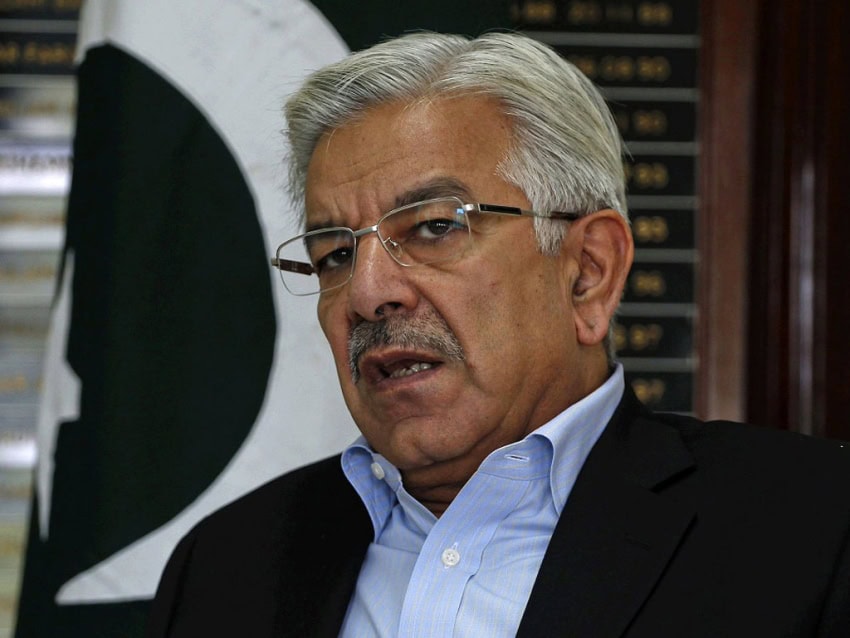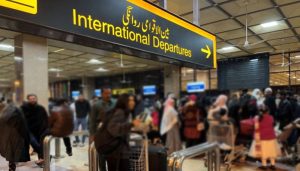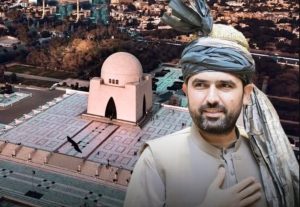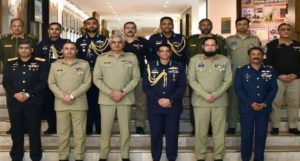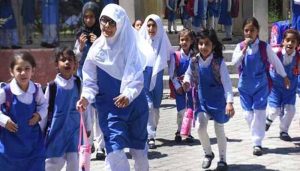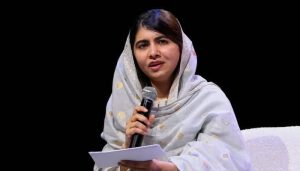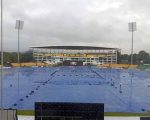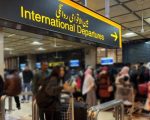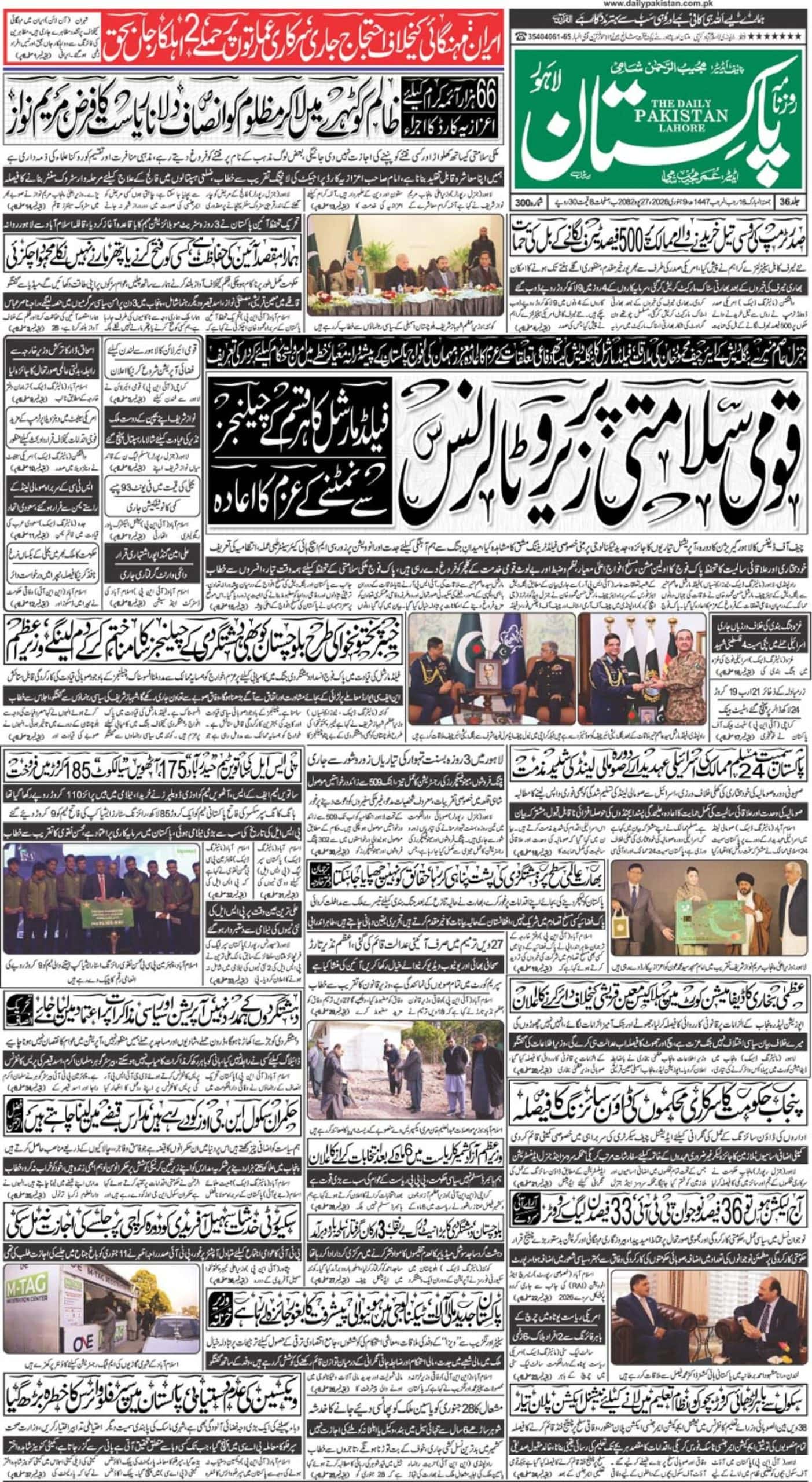NEW YORK – Pakistan has told the US that it can’t be blamed for terrorists like Hafiz Saeed, who masterminded the Mumbai terror attack, saying Washington considered such men as “darlings” until a few years ago.
Mincing no words at the Asia Society forum here on Tuesday evening, Pakistan Foreign Minister Khawaja Asif said it was very easy to say that Islamabad was backing the Haqqani network as well as Hafiz Saeed and his former Lashkar-e-Taiba (LeT).
https://youtu.be/aQ6wB3iXMFg
“They are liabilities. I accept, they are liabilities but give us time to get rid of these liabilities because we don’t have assets to match these liabilities and you are increasing them further,” the Associated Press of Pakistan (APP) quoted Asif as saying.
Asif, who is attending the 72nd session of the UN General Assembly, added: “Don’t blame us for Haqqanis or don’t blame us for the Hafiz Saeed. These were the people who were your darlings just 20 to 30 years back. They were being dined and wined in the White House and now you say go to hell with Pakistanis because you are nurturing these people.”
Asif said Pakistan was ready to work with the US for effective management of the Afghan border to stop terrorist infiltration and to facilitate a peace settlement in Afghanistan.
He said there was no military solution to the dragging conflict in Afghanistan. “Scapegoating Pakistan for all the Afghan ills is neither fair nor accurate… this will only help forces that we are trying to fight collectively.”
Pakistan, he said, had done all it could to facilitate a political settlement in Afghanistan, making sure that Pakistani soil was not used against any country.
“We are mindful of the strong desire in the US to bring the ‘long war’ in Afghanistan to an end. We support this objective wholeheartedly and are ready to help in any way we could to achieve peace and stability in Afghanistan.”
He emphasised there were clear limits to what Pakistan could do vis-a-vis Afghanistan.
“We cannot take responsibility for Afghanistan’s peace and security and be asked to achieve what the combined strength of some of the most powerful and richest countries could not accomplish,” he told the audience.
He said that Pakistan is ready to work with the United States for effective management of the Afghan border to stop terrorist infiltration and to facilitate a peace settlement in Afghanistan.
In the past, the US has accused Pakistan of not taking significant action against the Haqqani Network. Washington claims the militant outfit has been operating out of “Pakistan-based safe havens” to threaten US and Afghan forces in Afghanistan.
Pakistan, he said, had in the past done all it could to facilitate a political settlement in Afghanistan, making sure that Pakistani soil was not used against any country.
In his opening remarks, Khawaja Asif also covered Pakistan’s relations with India, the Kashmir dispute, counter-terrorism measures and the country’s economic progress.
Asif said Pakistan has a “larger stake” in seeing the return of peace and stability in Afghanistan than any other country, having suffered grievously from the conflict and instability across the border.
“We are mindful of the strong desire in the US to bring the ‘long war’ in Afghanistan to an end,” the minister said. “We support this objective wholeheartedly and are ready to help in any way we can to achieve peace and stability in Afghanistan,” he said.
He, however, made it clear that there were obviously clear limits to what Pakistan could do.
“We cannot take responsibility for Afghanistan’s peace and security and be asked to achieve what the combined strength of some of the most powerful and richest countries could not accomplish,” he told the audience.
“Effective border management, frankly, is the key,” the minister said, adding: “More needs to be done on the Afghan side of the border where terrorist elements are finding easy safe havens.”
“We are keen to work with the US in effectively managing the Afghan border and in facilitating a peace process to the extent we can.”

